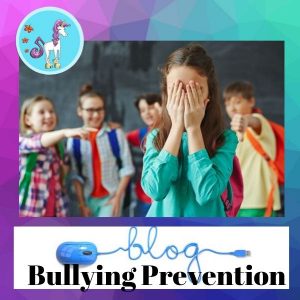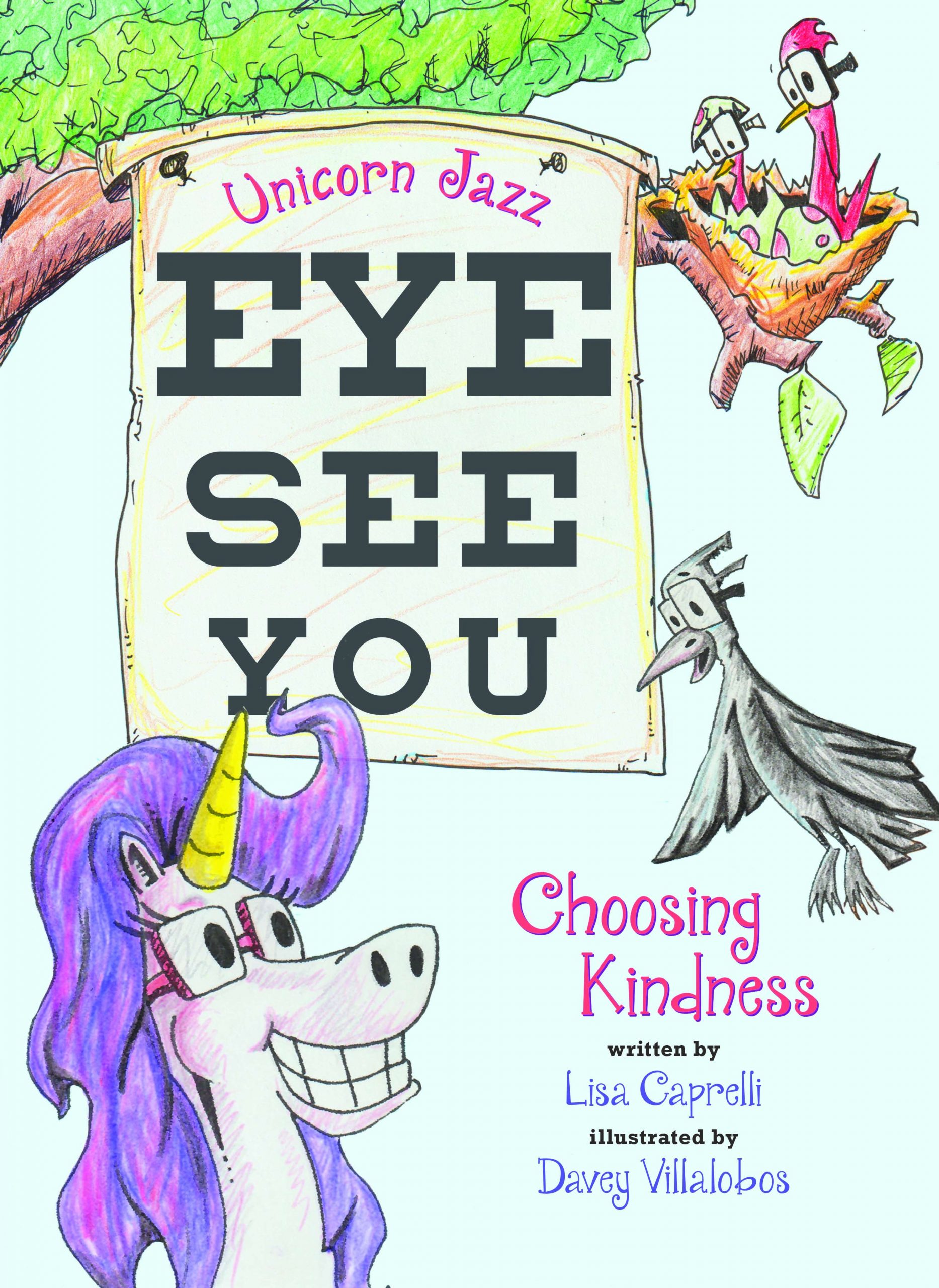2020 National Bullying Prevention Month Book for Kids – Interview with a Teacher
October 2020 is National Bullying Prevention Month Book for Kids – and this Interview with a Teacher and an important time for educators, parents, grandparents, and children to come together to understand what bullying is and what we can do as a community to help combat the negative effects of it.
National Bullying Prevention Month Book for Kids and this feature is recognized this as an important time for educators, parents, grandparents, and children to come together.
By understanding what bullying is and what we can do as a community to help combat the negative effects of it.
Read aloud book and article
According to the Oxford dictionary here is the definition of the word bullying
Bullying – seek to harm, intimidate, or coerce (someone perceived as vulnerable).
“her 11- year-old son has been constantly bullied at school”
| synonyms | persecute, oppress, tyrannize, torment, browbeat, intimidate, cow, coerce, strong-arm, subjugate, domineer; |
Bullying prevention can come in many forms and there are many resources available today. Our friend Keyana Martinez, of Storytime Box, shares some insight as that of a teacher, educator and mother on bullying in this informative Q&A.
Read her message about KINDESS FROM CHILDREN’S AUTHOR, LISA CAPRELLI
 Keyana Martinez is a teacher and curriculum writer with over 15 years of education experience. She has a Bachelor’s Degree in Early Childhood Education from Depaul University in Chicago, IL. Keyana recently started The Storytime Box, an educational subscription box to help parents promote literacy at home.
Keyana Martinez is a teacher and curriculum writer with over 15 years of education experience. She has a Bachelor’s Degree in Early Childhood Education from Depaul University in Chicago, IL. Keyana recently started The Storytime Box, an educational subscription box to help parents promote literacy at home.
You can learn more about The Storytime Box and browse books and activities for National Bullying Prevention Month at www.thestorytimebox.com
Keyana, why do you think children will bully and/or be bullied?
I think that most children don’t understand the full impact of bullying. As kids, they may think that it’sjust harmless teasing and joking, but bullying can actually cause serious mental and emotional damage.
Why is it important for parents to understand and have conversations with their children about this?
When we talk to children about bullying, we can help them understand how serious it can really be. Kids tend to be very egocentric, which is normal, but we have to teach them empathy. It’s very important for kids to be considerate towards the feelings of others.
When it comes to your children, what kinds of conversations have you done or plan on doing as they grow up when it comes to this topic?
My kids are still very young (7,6 and 3) but we do talk about feelings and how words/actions can hurt people. If I see them being mean or teasing someone I use that moment to teach empathy. I’ll ask them, “How would you feel if someone said/did that to you?” When kids can personally relate to those negative feelings, they realize that others also feel sad, angry, embarrassed, etc. when they are treated that way.
When you were teaching, what kinds of behaviors did you observe in the classroom when it comes to bullying? How did you fix it?
The most common behavior that I saw was teasing. It’s usually directed towards someone being different or unusual. Maybe a kid who has freckles, glasses or a name that “sounds funny.” The best way to deal with this type of teasing is to teach children about diversity. We all come in different colors, shapes and sizes and this is not something that children should be ashamed of. It’s OK to be unique.
Why do you feel some parents may not think their child is the one bullying (if that is the case)?
Sometimes, parents don’t fully understand what bullying is and how it can negatively affect children. The parents may have never been bullied, or were bullies themselves, so they don’t really get it. That’s why it’s important to educate both parents and children about bullying.
What would you say to a child who witnessed someone else bullying another child or classmate – what are a few things they can do to let a teacher know without feeling like they would get in trouble or be a tattle tale?
Don’t be afraid to speak up! Your courage could make a huge difference in someone else’s life. If you’re not sure what to say or do when you see someone being bullied, ask a trusted adult for help.
For more information, there are many resources as listed here:
Cybersmile – click here
Pacer – click here




